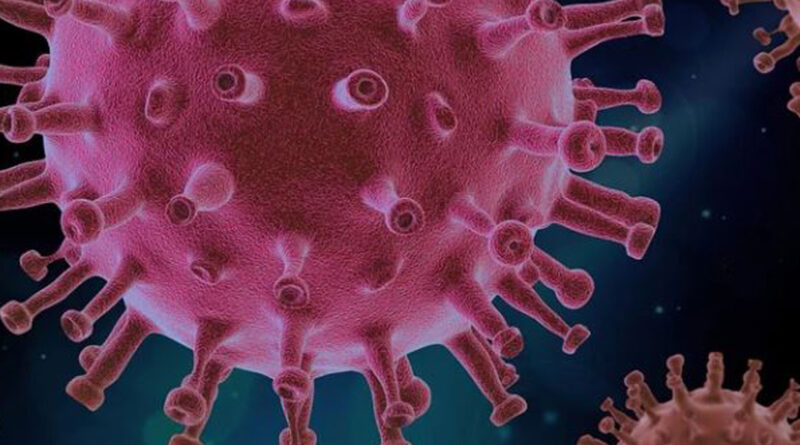World faces new Covid threat, the Omicron variant
A World Health Organization (WHO) on Friday named the variant “omicron” and classified it as a highly transmissible virus of concern (VOC), the same category that includes the predominant delta variant. Delta variant is still driving higher cases of sickness and death in Europe and parts of the United States.
A variant of concern is a variant that has some biological significance, such as an increase in transmissibility or virulence. The WHO panel drew from the Greek alphabet in naming the variant omicron, as it has done with earlier, major variants of the virus.
It is still to early to know how this Omicron behave. However, according to WHO, early evidence shows that it carries an increased risk of reinfection compared with other highly transmissible variants. It also means that people who contracted Covid-19 and recovered could be subject to catching it again. It could take some time to know if current available vaccines are effective against it.
The Technical Advisory Group on SARS-CoV-2 Virus Evolution met today to review what is known about the #COVID19 variant B.1.1.529.
They advised WHO that it should be designated a Variant of Concern.
WHO has named it Omicron, in line with naming protocols https://t.co/bSbVas9yds pic.twitter.com/Gev1zIt1Ek— World Health Organization (WHO) (@WHO) November 26, 2021
The B.1.1.529 variant was first reported to WHO from South Africa on 24 November 2021. According to the WHO,
this variant has a large number of mutations, some of which are concerning. Preliminary evidence suggests an increased risk of reinfection with this variant, as compared to other VOCs. The number of cases of this variant appears to be increasing in almost all provinces in South Africa.
“Current SARS-CoV-2 PCR diagnostics continue to detect this variant. Several labs have indicated that for one widely used PCR test, one of the three target genes is not detected (called S gene dropout or S gene target failure) and this test can therefore be used as marker for this variant, pending sequencing confirmation. Using this approach, this variant has been detected at faster rates than previous surges in infection, suggesting that this variant may have a growth advantage,” the WHO said.
WHO asked countries to do the following:
- Enhance surveillance and sequencing efforts to better understand circulating SARS-CoV-2 variants.
- Submit complete genome sequences and associated metadata to a publicly available database, such as GISAID.
- Report initial cases/clusters associated with VOC infection to WHO through the IHR mechanism.
- Where capacity exists and in coordination with the international community, perform field investigations and laboratory assessments to improve understanding of the potential impacts of the VOC on COVID-19 epidemiology, severity, effectiveness of public health and social measures, diagnostic methods, immune responses, antibody neutralization, or other relevant characteristics.
- Individuals are reminded to take measures to reduce their risk of Covid-19, including proven public health and social measures such as wearing well-fitting masks, hand hygiene, physical distancing, improving ventilation of indoor spaces, avoiding crowded spaces, and getting vaccinated.\
We should work together to reduce the circulation of #COVID19:
💉Get vaccinated if you have access
😷 Wear a mask
↔️ Keep physical distance
🪟 Ventilate spaces
🤧🧼 Good hand & respiratory hygiene#InThisTogether pic.twitter.com/B5S1SnhBX5— World Health Organization (WHO) (@WHO) November 26, 2021
New variant has already created economic turmoil in Asia, Europe and the US
World once again asking it people to restrict their activity.
Omicron has now been seen in travelers to Belgium, Hong Kong and Israel, as well as in southern Africa.
US will restrict travel from South Africa and seven other countries in the region beginning Monday.
Britain, EU countries and some others introduced their travel restrictions Friday, some within hours of learning of the variant.
Source: WHO

